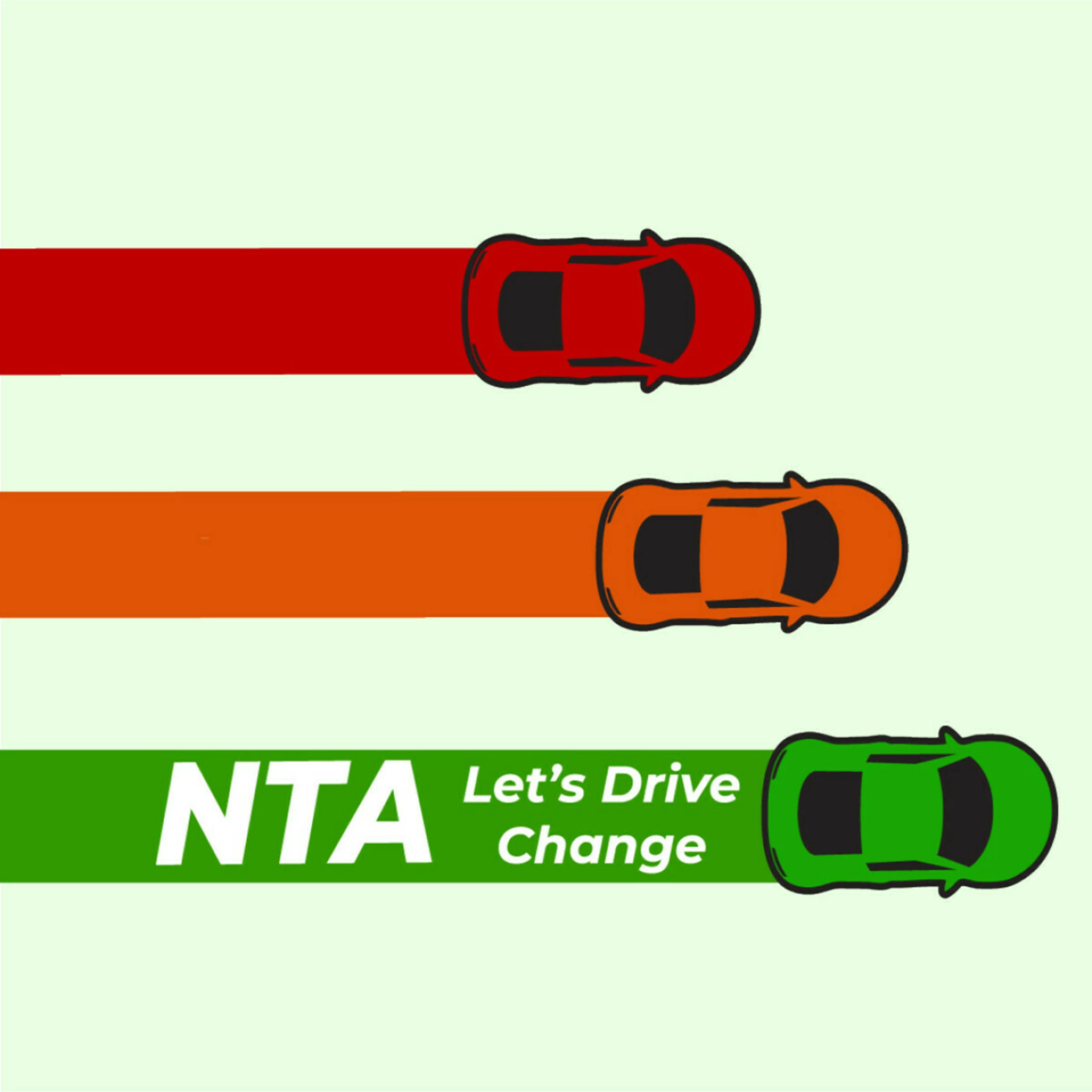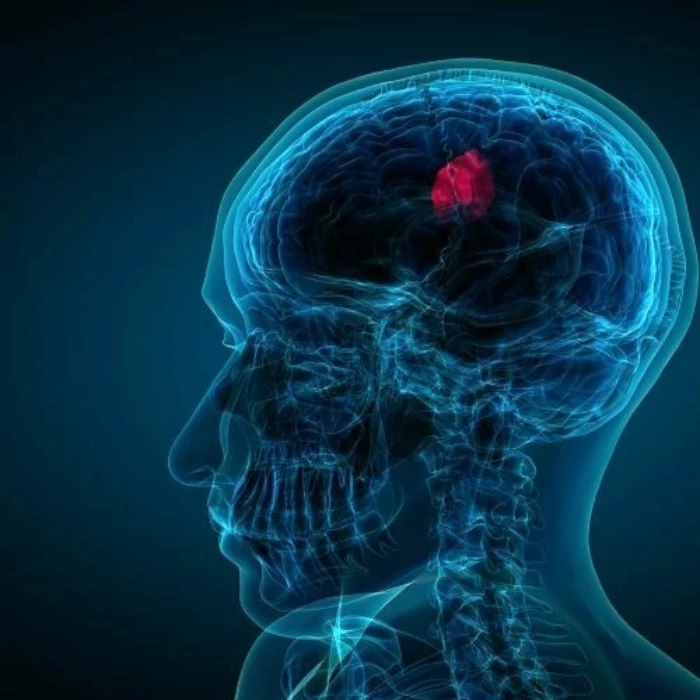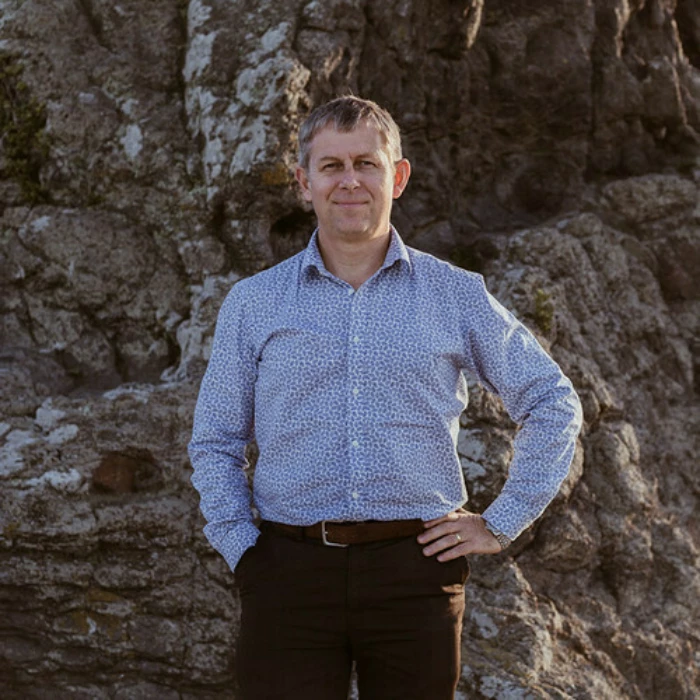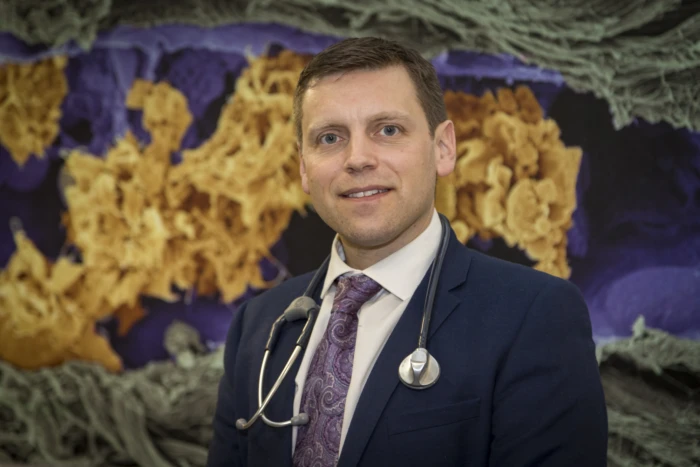
Breaking down barriers to cancer care in Aotearoa
Breaking down barriers to cancer care in Aotearoa
How one research project supported a national campaign – and helped ease the burden for cancer patients living in rural Aotearoa.
A cancer diagnosis is hard enough. But for many people living in rural Aotearoa, the journey to treatment adds another layer of stress – and cost – they can’t afford. From petrol and accommodation to time off work, these hidden costs can delay, or even prevent, people from getting the lifesaving care they need.
Research shows that the further someone lives from a medical facility, the poorer their cancer outcomes are likely to be. In New Zealand, this hits Māori particularly hard. A greater proportion of Māori live in rural areas compared to other ethnicities, further compounding existing inequities in cancer care.
Uncovering the burden
In 2021, Cancer Research Trust New Zealand awarded a $49,603 grant to Dr Jerram Bateman from the Department of Preventive and Social Medicine at the University of Otago. His mission: to investigate the travel burden faced by cancer patients in rural communities.
Dr Bateman and his team travelled across Aotearoa, collecting stories from cancer survivors, whānau, and health providers. Focusing on remote areas with high Māori populations where the impact of distance is often greatest, they created a compelling case that more support was urgently needed.
Personal and professional passion
With both his parents passing away in their 50’s and 60’s from cancer, Jerram describes his passion for this research as both personal and professional.
“Living in Thames, they both had to travel to Waikato hospital for the majority of their treatment”, he explains.
“While this was only a two hour round trip, I remember being struck by how much of an additional burden the travel was on top of the already significantly traumatic experience of having cancer, and being shocked at how little support there was”.
Turning evidence into action
The findings of Dr Bateman’s research contributed to Cancer Society’s Let’s Drive Change campaign, which called for a fairer, better-funded National Travel Assistance scheme.
This led to a major breakthrough in 2024: the Government announced an $18 million funding boost to help more Kiwis travel for medical treatment. The changes included increased mileage and accommodation allowances, and more flexible payment options. This support is expected to benefit around 4,500 people every year.
“I feel deeply privileged that so many people shared their stories with us for this research, and in turn thrilled that our findings were able to contribute to the Cancer Society's Let’s Drive Change campaign”, says Dr Bateman.
“Ultimately, this led to the first meaningful change to the NTAS since it was first implemented more than 20 years ago”.
From research to real-world impact
This is a win for cancer patients across the motu, and a powerful example of what research can achieve. Dr Bateman’s work not only identified a critical problem, but helped drive real change in the system.
Says Dr Bateman: “I am incredibly grateful to Cancer Research Trust New Zealand and their generous donors for their support, without which, this research would not have been possible”.
To our generous supporters: thank you. Your belief in the power of research made this life-changing outcome possible.




